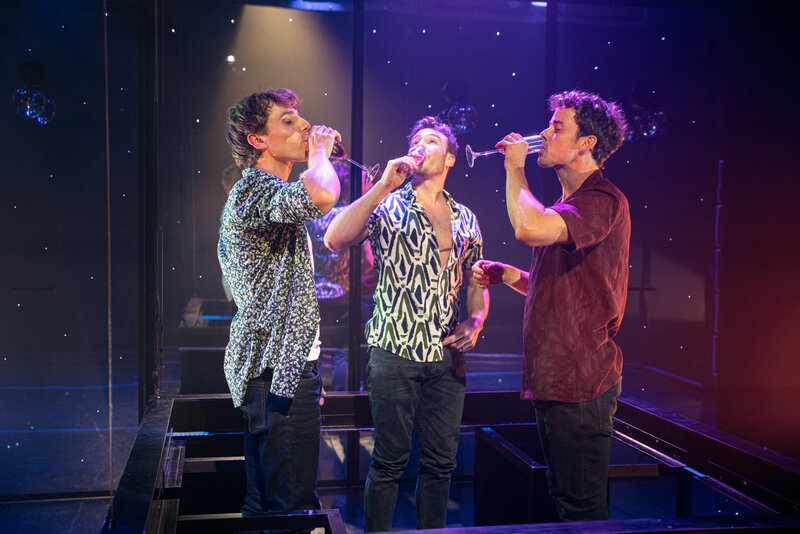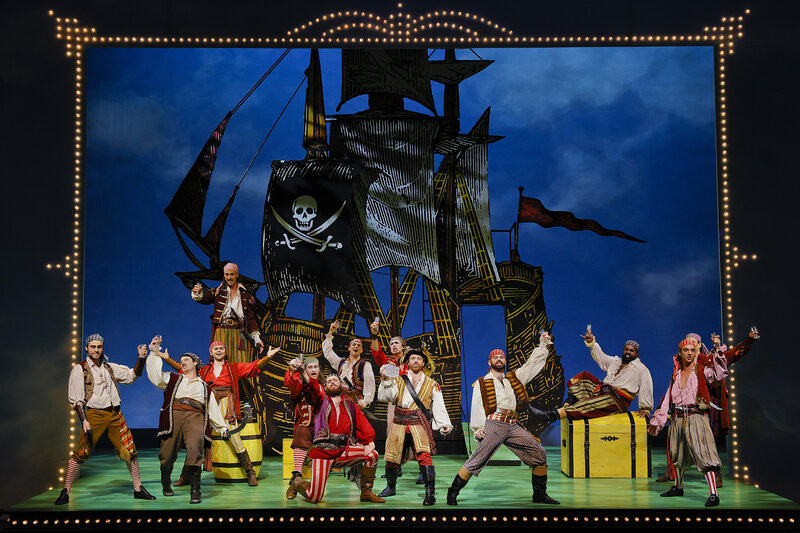America in 1968 was a volatile and turbulent place. The country was still deeply embroiled in an unpopular and unwinnable war in Vietnam, and back home there were race riots and both Martin Luther King and Robert Kennedy were assassinated. And there were the presidential conventions in which both the Democratic Party and the Republicans met to try and choose their candidate for the upcoming Presidential elections.
The two major television networks NBC and CBS were covering the conventions, while the ABC network didn’t have the resources to provide decent coverage. In fact, as one observer caustically notes, the only reason ABC was the third network was because there wasn’t a fourth. Their makeshift studio built to cover the Republican convention collapsed before they even began broadcasting.
 But then one executive had the idea to get two commentators from opposite ends of the political spectrum to debate each other during the convention coverage. They chose William F Buckley, a conservative to front the program. Apparently when asked who he would like to debate, Buckley name checked a number of people, but specifically named Gore Vidal, the intellectual author and liberal, as one person he would refuse to debate. ABC executives then brought in Vidal hoping that their clashes would produce some fireworks.
But then one executive had the idea to get two commentators from opposite ends of the political spectrum to debate each other during the convention coverage. They chose William F Buckley, a conservative to front the program. Apparently when asked who he would like to debate, Buckley name checked a number of people, but specifically named Gore Vidal, the intellectual author and liberal, as one person he would refuse to debate. ABC executives then brought in Vidal hoping that their clashes would produce some fireworks.
William F Buckley was a conservative commentator who had founded the Nation Review and who also hosted his own television talk show The Firing Line, in which he eviscerated guests whose opinion he disagreed with. Gore Vidal was a homosexual, liberal in his political thinking, and a prolific writer whose books detailed the history of the country. Some of the biographical detail about Vidal and his influence and political views will be familiar to audiences who saw last year’s documentary Gore Vidal: The United States of Amnesia.
The debates were initially intended to offer a discourse on the issues of the day and the state of the nation. But the pair couldn’t stand each other and had little time for each other’s political beliefs. As articulate and arrogant intellectuals, their use of language is superb as they exchanged witty repartee and hurled vicious barbs and poisonous putdowns at each other. Their vitriolic clashes, in which they verbally tore strips off each other, made for compelling viewing, and ABC’s rating rose during the broadcasts. Their nightly debates became something of an intellectual bloodsport. And it all ended in lawsuits.
More significantly though is that these televised clashes changed the way television approached news coverage, and changed forever the way we view the news. But it also set the tone for much of what passes for news commentary today, and basically created the modern trend towards personality-driven journalism.
Best of Enemies is an entertaining and compelling documentary from Grammy award winning director Robert Gordon and Oscar winning filmmaker Morgan Neville (the Oscar winning Twenty Feet from Stardom) that illustrates the animosity Buckley and Vidal had for each other. The filmmakers give us plenty of insights into the essential make up of the two men and their respective backgrounds – both were intellectual heavyweights with failed political aspirations of their own. The filmmakers had a wealth of material and archival footage to draw upon.
There are some candid interviews with observers that also help us understand the psychological makeup of the two men and put the debates into context. Kelsey Grammer and John Lithgow lend their authoritative tones to some private letters and observations penned by Buckley and Vidal that give some further insights into their thoughts about their opponents.
Best of Enemies is a fascinating, compelling an unmissable documentary. It’s available on DVD and on-demand from 6 January 2016.
Greg King

David Edwards is the former editor of The Blurb and a contributor on film and television




